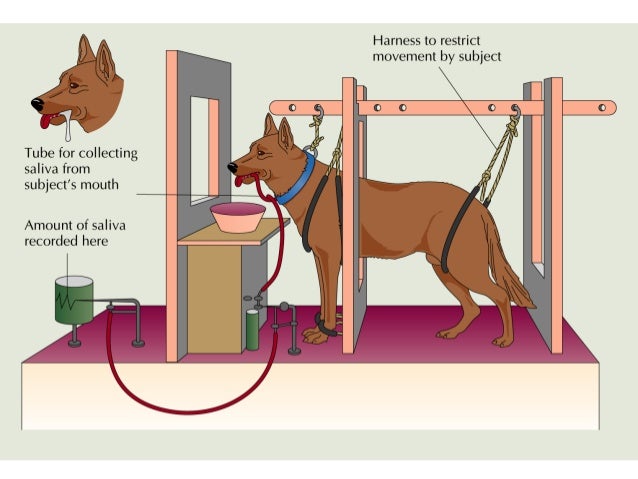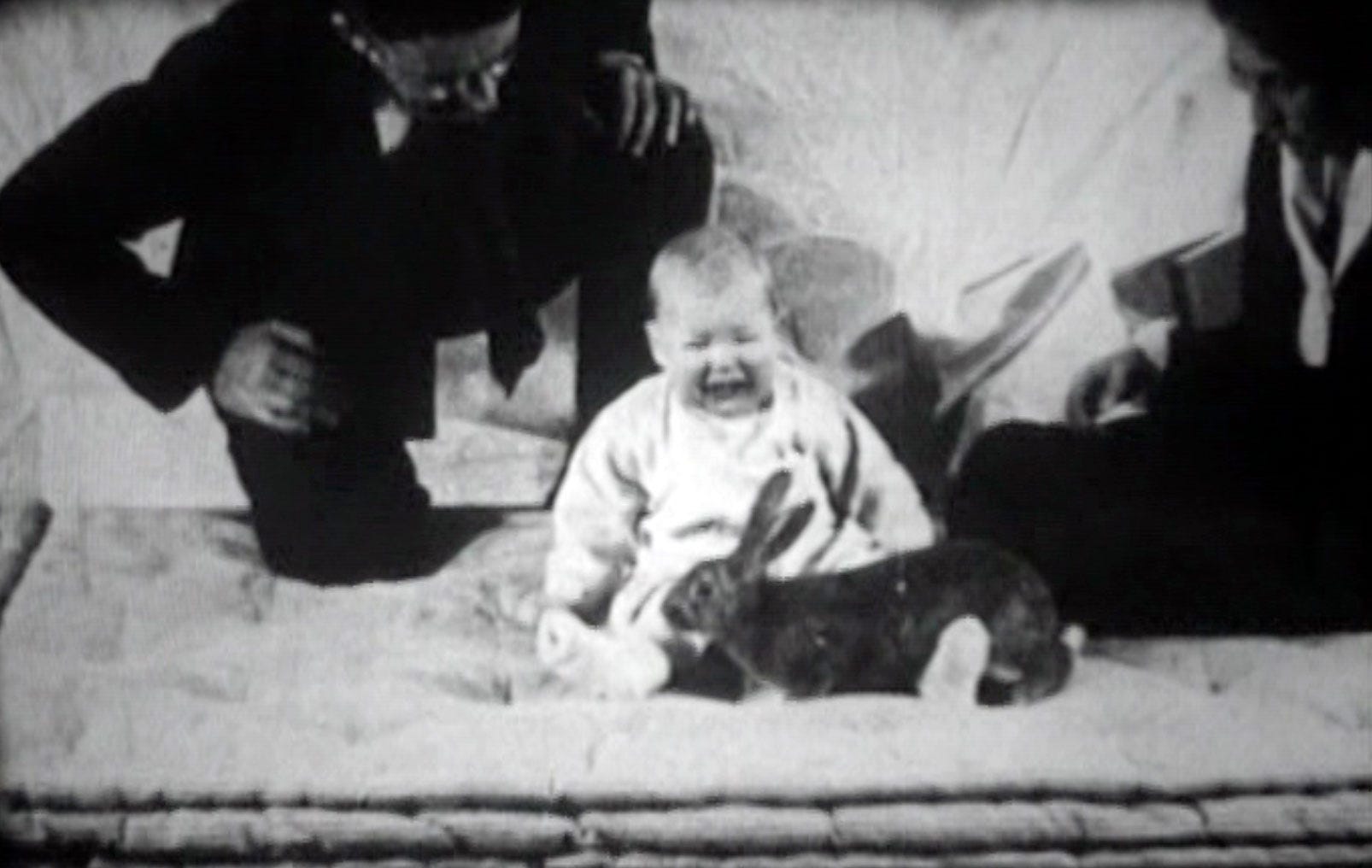Starting off with module 1: week 1, the class is given the gruesome syllabus that covers everything this course will cover throughout this semester. As soon as I saw the word "blog" written in the syllabus, I knew this class was bound to be different compared to my other classes. As I kept reading, I acknowledged that all of our assignments would pretty much be done through blogging and participation in this class. So the overall goals for this week was to understand the expectations set in the syllabus and get familiar with the blogging resources that will be used throughout this course. Our first content blog was a not only a great ice breaker but a good way to get familiar with how to write a blog due to the fact that we wrote about ourselves. After finishing my blog, being able to see comments from Ramon and Kamryn over what they thought about my blog and how they connected to it was very interesting. That made me excited to hear from other people about what they will think about my future blogs.

For module 2: week 3, we are taught some extensive knowledge over the components of the brain and their specific functions. A few points that stuck out to me: brain being almost the same size as an adult’s brain when born, the difference in function between the left and right hemisphere of the brain, and our brain using 25% of the total oxygen and blood in our bodies. The diagrams of the brain and the definitions to go along with each piece of the brain were helpful in understanding the brain as a whole. The content blog wanted for this section wanted to see what I learned over the brain and the behaviors it causes. This was probably one of my favorite blogs because I had the pleasure to write about the inspirational story of Cameron Mott. At the age of six, Cameron underwent a procedure where the right hemisphere of her brain was removed. She had been diagnosed with Rasmussen's encephalitis and the effects were only getting worse to where she needed the procedure if she wanted to have any sense of a normal life. Her ability to recover after the procedure and just use the left hemisphere of her brain to function her whole body was astounding. Here is the video that allowed me to learn about this inspiration of a person.

The second week for module 2 consisted of the topics: sensation and perception. Sensation is the physical processing of stimuli through the sensory organs and channels. Perception is the psychological process of interpreting and using that information. For the most part, everybody contains the same sense organs, but our perception of the world is where we may differ. To learn a little more on why and how people perceive things different ways was very interesting. In my content blog, I go a bit more in depth on the knowledge I learned and provide some examples such as: the rubber hand illusion, and the black and blue/white and gold dress.


The first week of module 3 (week 5) dives us into developmental psychology. This covered all aspects of this topic including material from: physical development, cognitive development, social-emotional development, and developmental issues. One of the things I really took away from this field was Piaget's cognitive stages of development. He divides the age range of a human into four categories which describe what stage their on for development. The first stage is the sensorimotor which lasts from birth – 2 years of age. The second is the preoperational which last from 2 – 7 years of age. The third is concrete operational which last from 7 – 11 years of age. The last stage would be formal operational which last from adolescence- adulthood. One of the interesting discussion topic we did in class came from this field in that being the nature vs. nurture debate. Nature being the belief that genetics having a bigger role in a persons development while nurture relying more on how someone was raised to define their development. My content blog provides a few examples when discussing this debate. I thought the experiential task in this model was interesting in the way that I was building the development of my life. I used pictures as well as wrote descriptions for each segment of development for my past, present, and future.

The second week of module 3 covered personality. Personality is a unique and relatively stable pattern of thoughts, feelings, and actions. Some theories that contribute to identifying one's personality are: ppsychoanalytic theories, humanistic theories, trait theories, and biological theories. For the content blog this particular week, I explained how personality models and theories helped create the personality test that are used to identify one's personality. I chose to take one of those personality test myself and discuss the results. I chose to do Eysenck’s personality test which uses three main elements to identify personality: extroversion, neuroticism, and psychoticism. A couple are from the five-factor model which is the most widely used systems that attempt to identify a person’s personality. For the most part, I would say the test was fairly accurate.

The first week of module 4 goes over learning psychology. Learning is the relatively permanent change in behavior or mental state caused by experience. Now the learning topic covered over three theories: classical conditioning, operant conditioning, and cognitive-social learning. Ivan Pavlov's study towards classical conditioning dealt with learning associations between stimuli and behavior responses.

John Watson studied a classical conditioned emotional response in Watson's little Albert. Watson created a loud scary noise every time Albert saw the rat instilling a fear of rats due to his recent history of seeing a rat causing a loud scary noise to go off.

·
Edward Thorndike and
BF Skinner were two important figures in operant conditioning. Cognitive-social
learning emphasizes the role of thinking and social learning in behavior.
Albert Bandura was an important figure for this theory. In my content blog, I explained classical conditioning more in depth and provided the modern day example advertising and how it uses this theory to make customers want to buy their product.
The second week of module 4 (week 8) goes over memory psychology. I remember the lecture for this topic and I kept wondering if I was even going to remember all the information we went over that day. The reading for
this topic covered two main types of memory, explicit memory and implicit
memory, and then the three main memory stages: sensory, short-term, and
long-term. To identify the difference between explicit and implicit, explicit memory are the experiences that can be
consciously remembered while implicit memory
discusses the influence experience has on behavior, even if unaware of the
influences. The content blog allowed me to get a better understanding over memory related disorders. The diseases I covered that has some profound effects on memory were Alzheimer's and Huntington's. After hearing the story Dr. Pris shared in class about her mother, I acknowledged the huge effect these memory loss diseases have not only on the one affected but their loved ones as well. The experiential task was one of my favorites. I used my parents to run a test for creating a false memory and the serial-position effect. What I did first was read a list of words aloud, then I allowed them to time to write down as many as they could remember. Then I read a second list aloud to them, then allowing them time to write as many as they could for the second list. To test for false memory, I asked them if they wrote a certain words in their list that were not in the list I read aloud. The reason they may have wrote a couple of those words is because they related with the words I read aloud. To test the serial-position effect, I read aloud the last, first and a couple words in the middle of the first list to see if they wrote them down. Usually, people are more likely to write down the first and last words they hear because of "primacy" and "recency" effects. I thought the
videos I watched of the Ronald Cotton case for my experiential task were eye
opening. The question that kept running through the back of my mind was how
many victims had to suffer due to the same case happening to them. Overall this was probably one of my favorite experiential tasks. 


In module 5: week 10, we went over motivations and emotions. This topic covered an overview of the source of the motivation, the theories of motivation, as well as the motivation and behavior. One thing that
stuck out to me was the difference between intrinsic and extrinsic motivation.
Intrinsic is the desire to engage in tasks that are inherently satisfying and
enjoyable. Extrinsic are external factors that influence our behavior. My experiential task in this module was probably the most deep and meaningful as if covered my mothers life story. Her motivation was
to make a name for herself and leave her home town. She didn’t have any
external factors influencing her so that must mean she had intrinsic motivation
because it was all based on her own desire. The comments I received on this blog gave me so much pleasure knowing that my mom will be looked as an inspiration for them as she's always been for me.
The following week for module 5 covered social psychology. This main priority in this field is to study the way people relate to others. I thought the
assignment we did during lecture where you showed us a picture of someone and
we had to guess what kind of person we thought they were was a great example of
social cognition. Making that quick snap judgment whenever we see a face for
the first time. Some other key
things covered in this topic were the discussion over attributes, stereotypes,
prejudice and discrimination. I thought the video over aggression was very interesting and how it could come from biology, psychology, or social-cultural.
Module 6: week 12 was probably my favorite topic to go over for it was psychological disorders. This topic helped
me with being able to identify/explain disorders and classify various
psychological disorders. A few psychological disorders we went over in lecture
were: anxiety disorder, bipolar disorder, various phobias, schizophrenia, OCD,
and PTSD. Now there are many more that are present when discussing this topic
but these are a few that really stuck with me. One major fact that really struck a cord with me from the PowerPoint was that mental disorders affect one in four people. I was so glad to hear that I was assigned to lead the student led activity over this topic. There is a vase
amount of disorders present in everyday life and so many people who are
affected become unnoticed. Being able to take a variety of psychological
disorders and teach the class through videos and hands on activities allowed me
to have great pleasure knowing that I’m providing knowledge over a topic that
gets covered up way too much. One of the videos I played for the class was what schizophrenia sounds like. I thought it was interesting how it provided the perspective of someone with schizophrenia and how it effects their everyday life. Getting to hear a speaker with PTSD first hand talk about how the disease affects his life was very interesting. I was really fascinated by his service dog, because of the acts he performs whenever the man is in need. 



The second week of module 6 goes into psychological therapy. This topic covered
an overview of different types of therapies, approaches to therapy, therapy
goals, and the different formats of psycho-therapy. Freud
psychoanalysis is an intensive and prolonged technique for bringing unconscious
conflicts into conscious awareness. Their methods to trick the egos of the
patient were interesting to learn being the strong defense mechanisms our ego
contains. Here’s some of the methods used to help trick the ego:
1.
Free association
2.
Dream analysis
3.
Interpretation
4.
Analysis of
transference
5.
Analysis of resistance
The student led activity performed this week is tied for my favorite with positive psychology. I was able to participate in an example of how a psycho-therapy 1-on-1 session would go. Being the patient
allowed me to be creativity when thinking of possible problem’s, a troubled kid
would face and the methods the therapists used to help me open about my
problems and think of possible solutions were very interesting. Being able to see the other types of therapy be performed by other students was not only entertaining but very interesting also.
We wrap up this course with module 7, positive psychology. The experiential task I performed for this module was one of my favorite one's to do. I chose to do the awe walk. The procedure for the awe walk was to have a two different walks in two separate locations, preferably somewhere you've never been before or a place that always leaves you in awe. The purpose of this experiment was to contain that childhood like experience where everything new you saw created an awe feeling for you and maybe it could provide you with a new perspective on your life. The impact my two walks had on me accomplished just that.

One of the videos I enjoyed watching from this topic was Josh Gottman's "seven principles for making marriage work." This video allowed me to learn some new knowledge that could create a large impact in my future:
1.
Enhance your love
maps
2.
Nurture your
Fondness and admiration
3.
Turn toward each
other instead of away
4.
Let your partner influence
you
5.
Solve your
solvable problems
6.
Overcome gridlock
7. Create shared meaning
Week 14's student led activity was my other favorite activity as the class was broken up into groups and we were assigned to spread positive psychology around the campus. Our group was assigned to hand out candy. As I was handing
out candy throughout the campus, I felt the impact I was making when the
students and faculty would say, “You made my day!” The task I was performing
was nothing huge, but the impact that small sense of positivity made was
tremendous.
When thinking about all the topics we went over the year, I believe motivations and emotions have the largest effect on my personal life. Being in college right now, highly stressful situations tend to overpower us quite a bit and really make you wonder if it's worth it. I must remember to use both intrinsic and extrinsic motivation when thinking about what I want to be in the future as well as where I want to be and how college will help me get there. Now when talking about my professional life, I believe social and positive psychology will help me the most. The ability to relate with others as well as stay positive will be key when I become a physical therapist. As time passes, I will keep trying to get better at these traits so I may be best prepared for my profession.
This will be my final blog. Thank you to everybody that has ever read my blog and thank you Dr. Pris for everything this year. John Sartin signing off.








